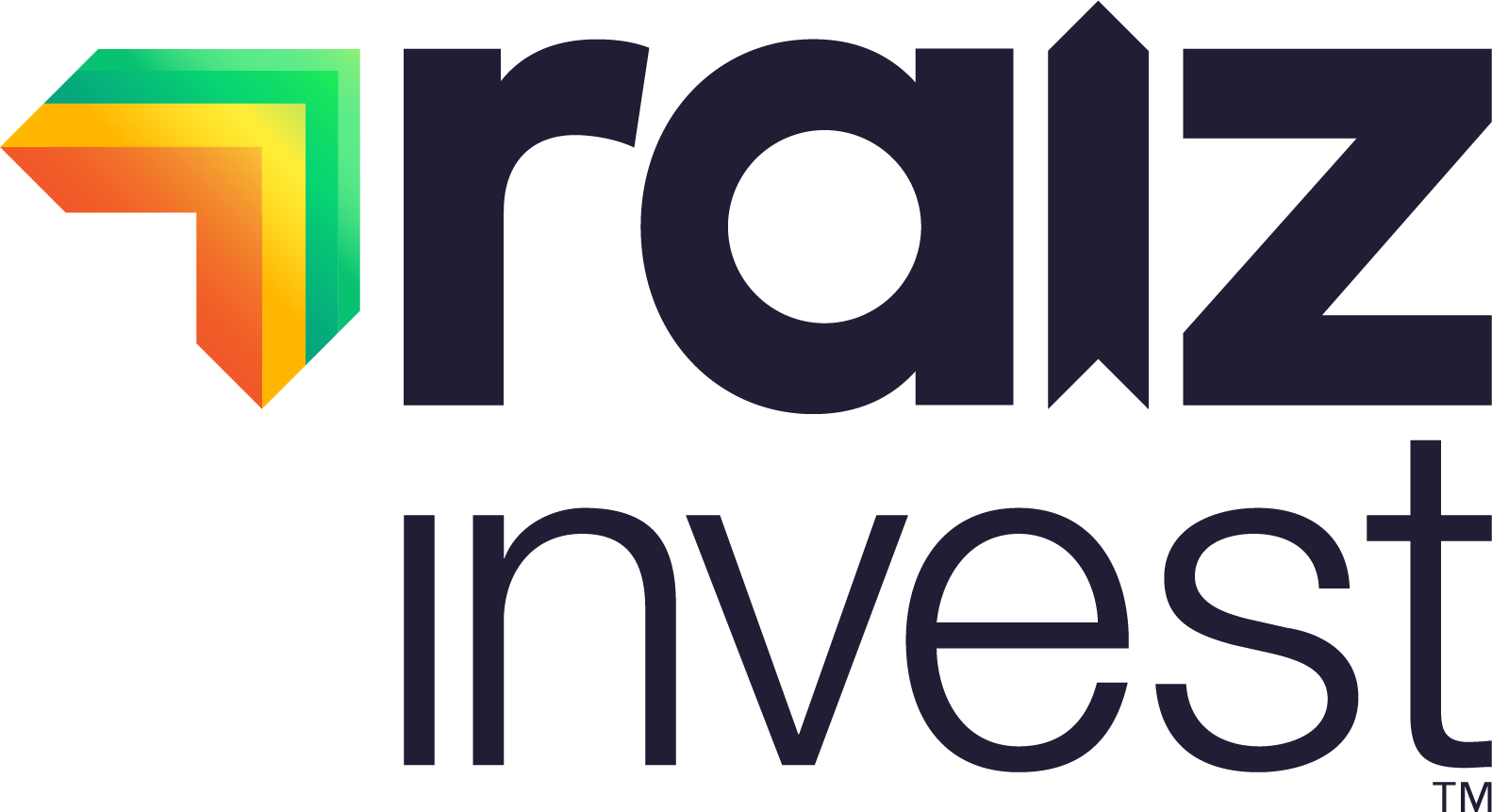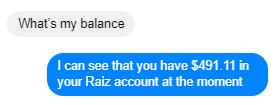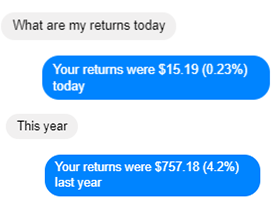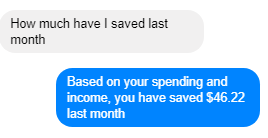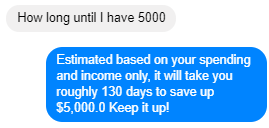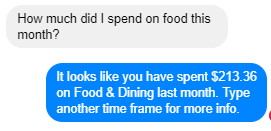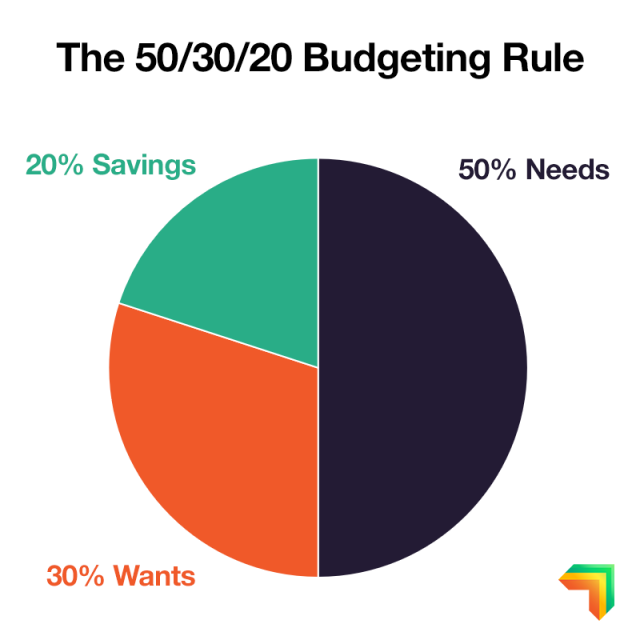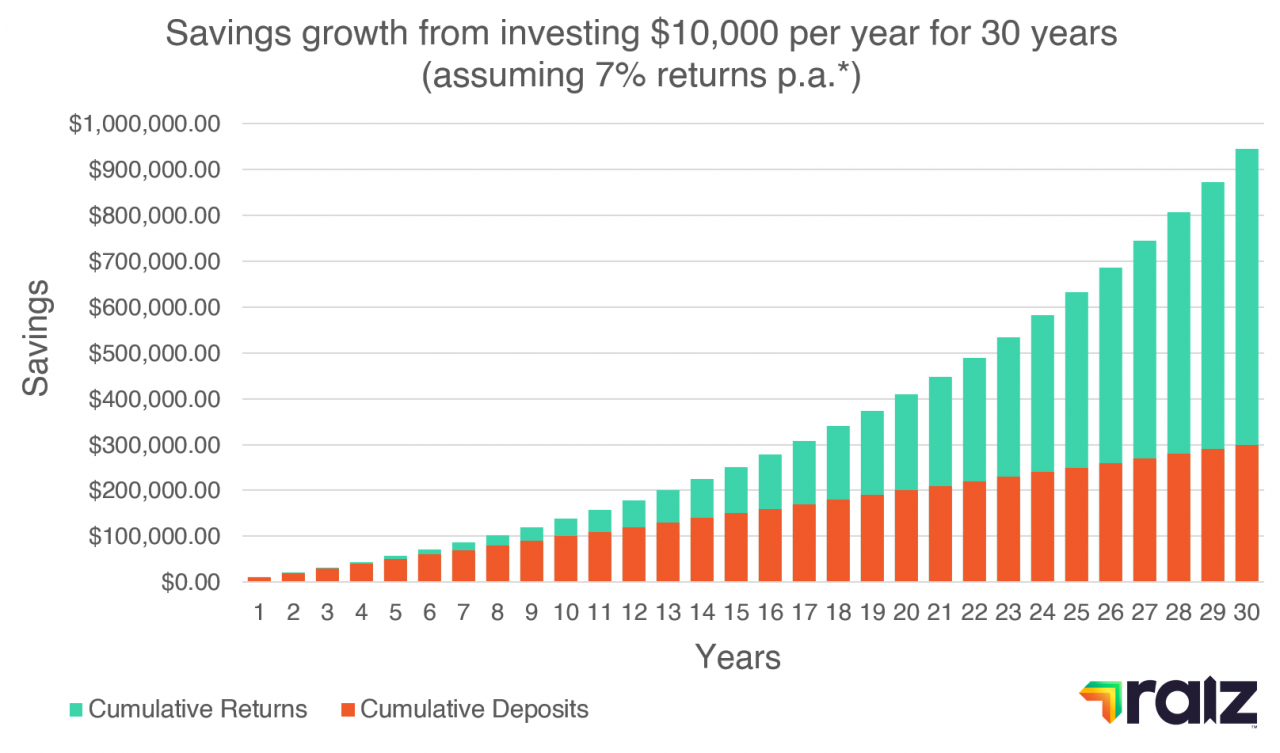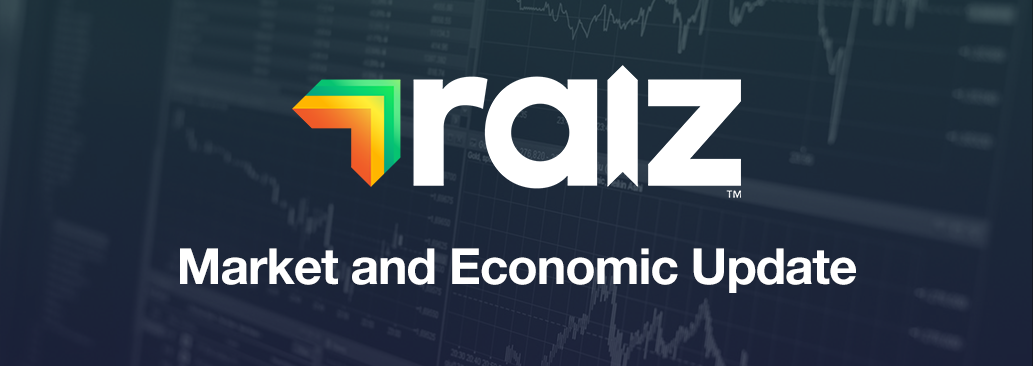 From Raiz CEO, George Lucas
From Raiz CEO, George Lucas
Global stocks defy weak economic data
This week saw stock markets generally power ahead and defy the recent slew of weak economic data. Even so, I am sticking to my view that they will eventually succumb in March and we will see another sell-off, which should be the capitulation.
The US stock market rose at the end of last week despite news that domestic industrial production unexpectedly fell in January. It also hardly reacted to data released earlier in the week showing the largest monthly decline in US retail sales in a decade.
In China and the euro-zone, equities took their lead from the US and are now up by about 10 per cent so far in 2019 in spite of a raft of poor economic data. One partial explanation pointed to for this resilience is renewed optimism of a US-China trade truce.
However, given most of the economic slowdown has had little to do with the trade war, we doubt a permanent trade ceasefire would alter the outlook much. In my view, there is little governments can do to prevent further global weakness — not a recession but a slowdown.
Indeed, February’s composite PMI for the Eurozone provided some reassurance that the euro-zone economy is not on the brink of recession. The rise in the index left it consistent with quarterly GDP growth of about 0.2 per cent, the same as in Q3 and Q4 last year.
Central banks rethink interest rates
Meanwhile, developments in Japan, Europe, US and Australia showed how widespread a shift to looser monetary policy is likely to be. Expectations by the markets that this shift will support growth is probably the main driver for the rally in markets since the start of 2019.
In Australia, minutes of the RBA’s February policy meeting, released last Tuesday, confirmed the central bank’s change from a tightening bias to a neutral stance, especially amid continued weakness in wage growth and as employers like Raiz remain tight.
By contrast, Chinese premier Li Keqiang said last week that China would not change its prudent monetary policy stance and reiterated that officials would not resort to “flood-like” stimulus — so not all economies are lining up to loosen monetary policy further.
US and China sketch trade deal
Still on China, there are rumours it is currently working with the US on “memorandums of understanding” on issues including IP rights protection and forced technology transfers, which could serve as the framework for a future trade deal. However President Trump squashed these rumours and insist they will go straight to an agreement.
While it is unlikely the US and China will be able to reach a full deal before the March 1 tariff deadline, US President Donald Trump has fortunately indicated he would be willing to delay the deadline if the talks, underway in Washington, were “going in the right direction”.
Elsewhere in Asia, the Bank Indonesia left its policy rate unchanged last week. Given the improved performance of the rupiah and the less hawkish tone of the central bank’s press conference, the expectations of further rate hikes this year are diminishing.
Trump and Kim Jong-un to meet in Vietnam
In addition to the China-US trade talks, all eyes this week will be on President Trump’s planned meeting with North Korea’s Kim Jong-un in Hanoi on Wednesday and Thursday.
Although little progress is likely to be made on the issue of denuclearisation, there is hope there could be some moves towards a peace deal between the two countries.
Don’t have the Raiz App?
Download it for free in the App store or the Webapp below:
Important Note: The information on this website is provided for the use of licensed financial advisers only. The information is general advice and does not take into account any person’s particular investment objectives, financial situation or investment needs. If you are an investor, you should consult your licensed adviser before acting on any information contained in this website.
Investors only: The information in this Document is confidential it must not be reproduced, distributed or disclosed to any other person unless it is part of their statement of advice. The information may be based on assumptions or market conditions and may change without notice. This may impact the accuracy of the information. In no circumstances is the information in this Document to be used by, or presented to, a person for the purposes of making a decision about a financial product or class of products.
General advice warning: The information contained in this Document is general information only. It has been prepared without taking account any potential investors’ financial situation, objectives or needs and the appropriateness of this information needs to be considered in that context. No responsibility or liability is accepted by Instreet or any third party who has contributed to this Document for any of the information contained herein or for any action taken by you or any of your officers, employees, agents or associates.
